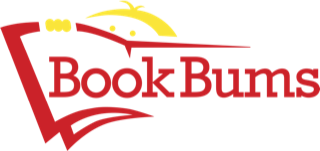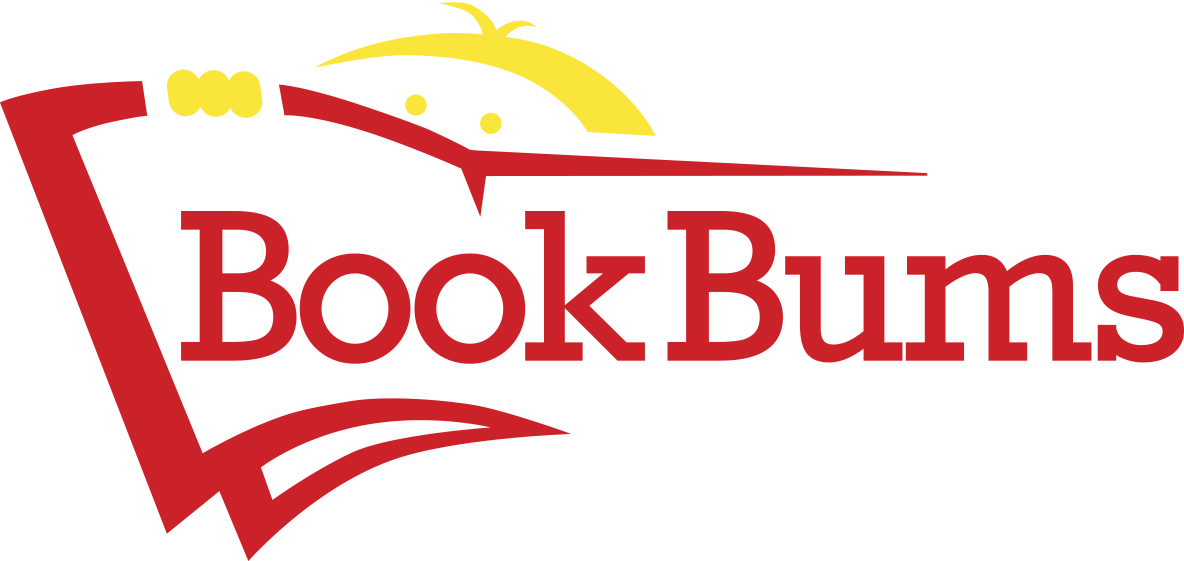
Hello Book Bums families!
Happy autumn! We hope the new season and cooler weather are a welcome change allowing you to soak up some beauty and adventure out in the world.
This week in the newsletter we're thinking about the consequences of too much phone time, and Dr. Christy shares some fun teaching tools for commas. We also dig into adjectives and share a favorite adjective-filled poem.
Bookbums.com is an Amazon Associate; We earn from qualifying purchases. This means that if you click on a link to Amazon.com and make a purchase, We may earn a small commission at no extra cost to you. We do recommend the products. Feel free to find them by other means.
Word of the Week
consequence (con-suh-kwens) noun/person, place, or thing - the result or effect of an action
The consequences of so much time texting on his phone were a sore neck and tired thumbs.
Literary Calendar
- The last week in September is Banned Books Week.
- Banned Books Week is an annual celebration of the freedom to read and is sponsored by many organizations including the American Library Association.
- Did you know that classics from To Kill a Mockingbird to A Wrinkle in Time have been challenged and banned in various places in America?

"Any book worth banning is a book worth reading"
-Isaac Asimov
From our Bookshelves
Hairy, Scary, Ordinary; What is an Adjective was written by Ohioan, Brian P. Cleary. It’s a kids’ rhyming book that highlights adjectives and how they are used in sentences. Cleary uses lots of words, from ordinary to extraordinary, to build kids’ knowledge and curiosity. (Do you know the word puce? I had to look it up!)
For the first read, simply enjoy the singsong rhyming and the fun, explanatory illustrations. For the second read, have your kids try using some of the words in their own sentences. For example, you could ask “Can you think of some nouns (which include people, places, and things) in our house that could be described as spunky? Clunky? Priceless? Junky?” Flip through a number of pages and continue exploring!
There are many books in this series that can help adults explain English grammar to children in fun ways.
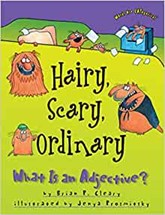
Tips for Readers and Writers
Tips for Teaching Readers and Writers
Over the next eight weeks, I’ll be sharing when commas are to be used, and I’ll even share some practice activities you can do with your elementary-aged children.
There are lots of times when a comma is required, but we don’t want to overuse them. A dear friend helped me edit a book I’m working on, and she said, “Christy, I once had a professor who told me that we each get a limited number of commas to use across a lifetime and, my friend, you’ve used all of yours up!” (Sheesh! Look how many commas I used in sharing this simple story!)
Comma On! Use Your Noodle!
Use Your Noodle Meaning: Use your brain. Originally “using your noodle” was an insult. It was used to compare a simpleton (perhaps wagging his head around while thinking) to a wet, floppy noodle. Today, it isn’t used as an insult. “Use your noodle,” simply means "think about it."
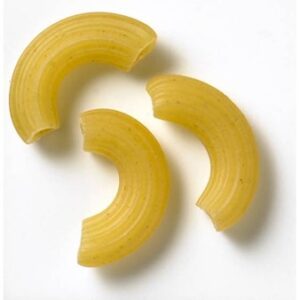
You can use elbow macaroni noodles to teach your kids when to use commas in their writing! Grab a handful of those curved noodles, print the attached PDF, and grab some glue. That’s all you’ll need for some fun-focused practice using commas. Each week, share with your kids the featured rules for using commas. Then, have them insert the macaroni commas where they belong on the provided PDF. (Note: It looks like a backward c- for comma.) For beginning readers, you read the text for them. More advanced readers can do this work independently. After you’ve checked for accuracy, have your kids attach the macaroni comma to the paper with some glue. When the glue dries, display your Use Your Noodle activity sheets and review what they’re learning each week.
Using Commas Correctly, Week 1 of 8
Week 1- Commas are used when listing three or more items within a sentence.
I often compare writers to a conductor of a symphony. Good writers guide their readers through text, telling them how to read the story. Writers use punctuation to provide the information regarding how their writing should sound. We need to pause when listing items. If I wrote, “I’d like Peter James Jefferson and Whitney to join us,” Peter James Jefferson looks like it could be one name. With commas, the message is made clear.
In our featured book this week, the title Hairy, Scary, Ordinary has a couple of commas. This is because the author listed three describing words, and we use commas to separate items in lists.
Invite your kids to use their noodles and place commas where they need to go in each sentence on the PDF, remembering that commas are used to separate items in a series or list.
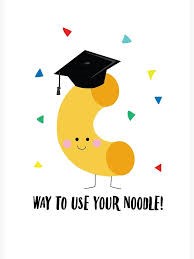
Tips for Families
Have you ever seen a photo of yourself when you’re texting or scrolling through social media apps? I have never seen anyone look great while focused on a phone, and that’s how our kids see us. . . far too often.
In a world where people just long to be seen, too often we’re not really looking at the ones we love the most.
The tech interruptions start early on in our relationships with our kids, disrupting even little things like eye contact. And the consequences are real.
Poem of the Month
Pied Beauty
by Gerard Manley Hopkins
Glory be to God for dappled things—
For skies of couple-colour as a brinded cow;
For rose-moles all in stipple upon trout that swim;
Fresh-firecoal chestnut-falls; finches' wings;
Landscape plotted and pieced—fold, fallow, and plough;
And all trades, their gear and tackle and trim.
All things counter, original, spare, strange;
Whatever is fickle, freckled (who knows how?)
With swift, slow; sweet, sour; adazzle, dim;
He fathers-forth whose beauty is past change:
Praise Him.
Practical Grammar
When I’m texting, I’ve noticed that when I say, “I could meet on Mondays at noon.” Autocorrect changes it to Monday’s, even when the one I meant to use is simply the plural—Mondays.
Monday’s (with the apostrophe) would be used when we say, “Monday’s the first day I have available for lunch.” It’s a contraction meaning Monday + is.
We would also use Monday’s (with the apostrophe) to write, “I saw the ad in Monday’s newspaper.” It’s a possessive.

If you know someone who would benefit from our newsletter or tutoring at Book Bums, please share this email with them! Thank you.
Copyright © 2024 Book Bums, All rights reserved
Our mailing address is:
7967 Cincinnati-Dayton Road Suite L
West Chester, OH 45069
